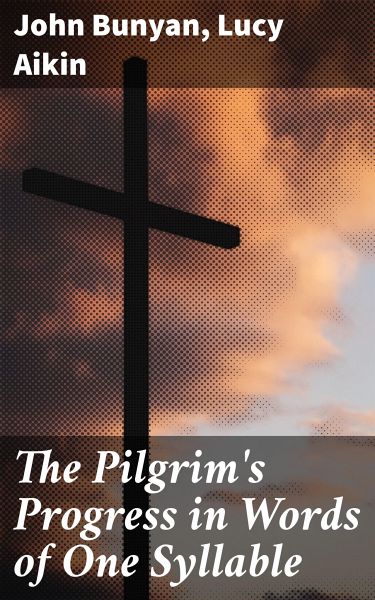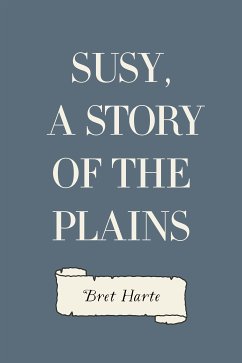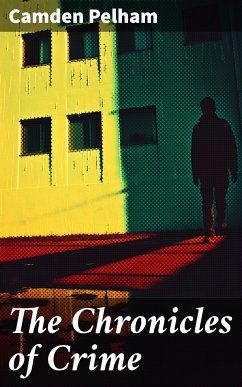
The Pilgrim's Progress in Words of One Syllable (eBook, ePUB)
Enriched edition. A Simplified Journey Through Faith and Redemption
Kommentar: Whitlowe, Arden / Redaktion: Good Press
Versandkostenfrei!
Sofort per Download lieferbar
0,49 €
inkl. MwSt.
Weitere Ausgaben:

PAYBACK Punkte
0 °P sammeln!
Within 'The Pilgrim's Progress in Words of One Syllable,' the overarching theme of the human spiritual journey is rendered accessible through simplified language. This anthology reimagines Bunyan's classic allegory with deliberate brevity, allowing readers of diverse ages and proficiencies to engage with its timeless narrative. Melding styles from the original ecclesiastical tone to an elementary simplicity, this collection captures the universal quest for enlightenment and redemption. The range of literary expressions encapsulates the essence and intricacy of the original, highlighting stando...
Within 'The Pilgrim's Progress in Words of One Syllable,' the overarching theme of the human spiritual journey is rendered accessible through simplified language. This anthology reimagines Bunyan's classic allegory with deliberate brevity, allowing readers of diverse ages and proficiencies to engage with its timeless narrative. Melding styles from the original ecclesiastical tone to an elementary simplicity, this collection captures the universal quest for enlightenment and redemption. The range of literary expressions encapsulates the essence and intricacy of the original, highlighting standout episodes such as Christian's encounters with allegorical figures that symbolize moral and ethical tests. The contributions of John Bunyan, the eminent Puritan preacher, and Lucy Aikin, an accomplished writer known for her historical reflections, form the backbone of this collection. Their unique collaboration intertwines Bunyan's theological depth with Aikin's skillful adaptation into a simplified lexical format. While Bunyan's work emerged from the 17th-century religious reformation, Aikin's 19th-century perspective infuses a linguistic accessibility that encourages a broader readership. This merging of eras and styles exemplifies the collection's alignment with historical and cultural movements that value both reformist zeal and educational inclusivity. Readers are invited to explore this anthology as a gateway to literature that respects the integrity of its source while embracing linguistic ingenuity. The collection offers a unique opportunity to witness a collaborative cultural dialogue, merging historical context with practical adaptation. As a scholarly endeavor, it unfolds layers of spiritual and ethical discourse, illuminating the reader's path to both personal and academic enrichment. A must-read, this compendium enriches the literary landscape with its embodiment of an enduring allegory made eminently approachable and educationally profound. In this enriched edition, we have carefully created added value for your reading experience: - A succinct Introduction situates the work's timeless appeal and themes. - The Synopsis outlines the central plot, highlighting key developments without spoiling critical twists. - A detailed Historical Context immerses you in the era's events and influences that shaped the writing. - A thorough Analysis dissects symbols, motifs, and character arcs to unearth underlying meanings. - Reflection questions prompt you to engage personally with the work's messages, connecting them to modern life. - Hand-picked Memorable Quotes shine a spotlight on moments of literary brilliance. - Interactive footnotes clarify unusual references, historical allusions, and archaic phrases for an effortless, more informed read.
Dieser Download kann aus rechtlichen Gründen nur mit Rechnungsadresse in A, B, BG, CY, CZ, D, DK, EW, E, FIN, F, GR, H, IRL, I, LT, L, LR, M, NL, PL, P, R, S, SLO, SK ausgeliefert werden.













